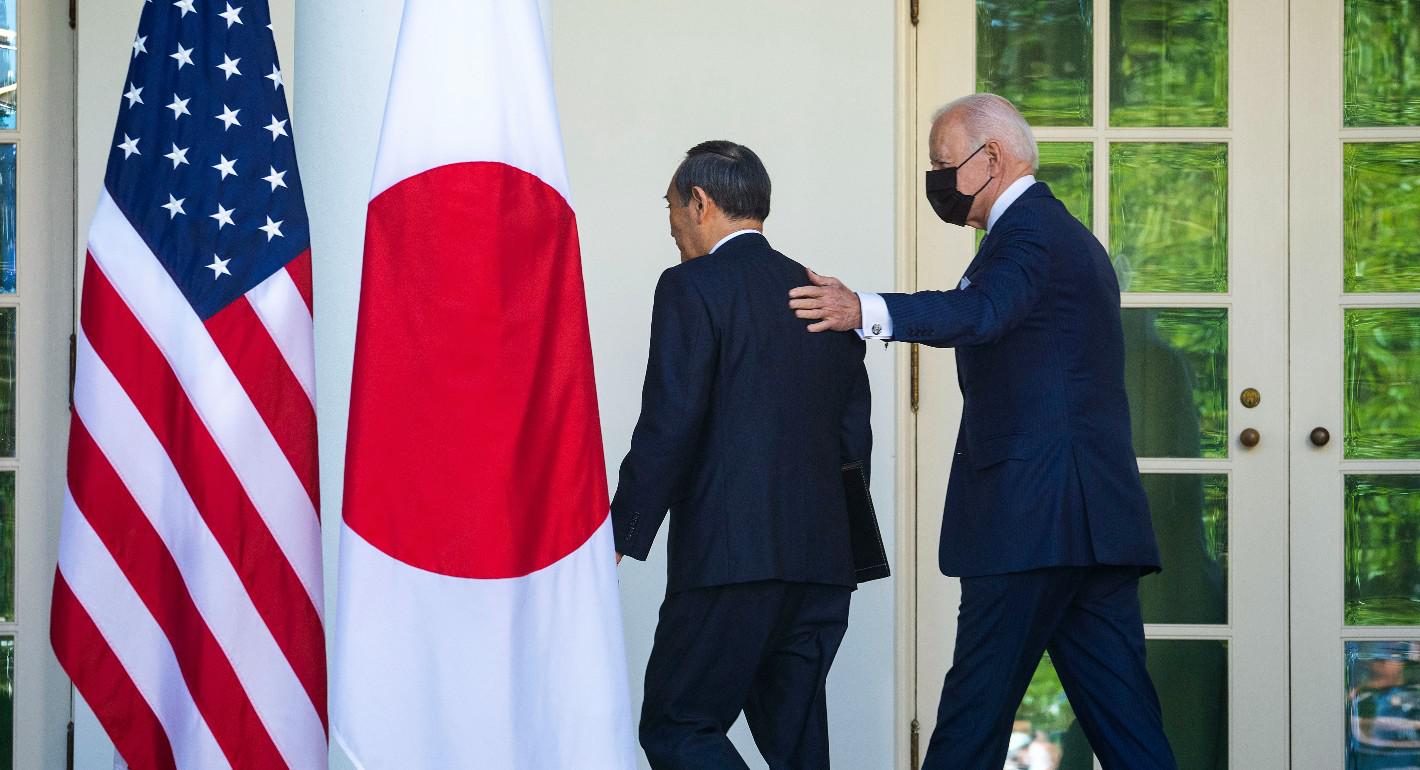In his article “The Worsening Human Rights Situation in Hong Kong and the Response of the International Community,” Toru Kurata provides a basic overview of the current human rights situation in Hong Kong and shows how pro-democracy organizations and movements were suppressed in the aftermath of the 2020 National Security Law. Kurata analyzes three tools that the United States, Japan, and the rest of the international community can use to respond to China: sanctions, support for various initiatives to promote democratization of Hong Kong, and counter propaganda. Although the United States and Japan have different capacities for implementing these three measures, especially in relation to sanctions, Kurata argues for a coordinated approach to respond to the situation in Hong Kong. [link to article]
Jun Kumakura argues in his article “The Xinjiang Issue” that the United States and Japan should develop a common baseline understanding of the current situation in Xinjiang to promote better coordination of their policy responses. Kumakura outlines that while the American public has shown bipartisan support for protecting human rights in Xinjiang, public opinion in Japan is more complicated and can be influenced by American as well as Chinese views. In Japan, the human rights situation in Xinjiang is also sometimes used as a political tool by right-wing groups to vilify China, while the rest of the population, including left-leaning individuals, are sometimes skeptical of the American accusation of genocide in the region. To bridge this gap, Kumakura urges more substantive information sharing between the two countries. [link to article]
Using the Summit for Democracy as a key milestone, Nicholas Szechenyi offers suggestions for the United States and Japan to coordinate on democracy building in his article titled “An Alliance for Democratic Governance.” Szechenyi argues that Japan is well positioned to support U.S. democracy efforts, given its extensive background in official development assistance and infrastructure building in Southeast Asia, as well as its strong relationship with countries around the world. He suggests that Japan and the United States should also work with allies such as Australia to shape international institutions in support of democratic principles and to express concerns about Chinese behavior. [link to article]
